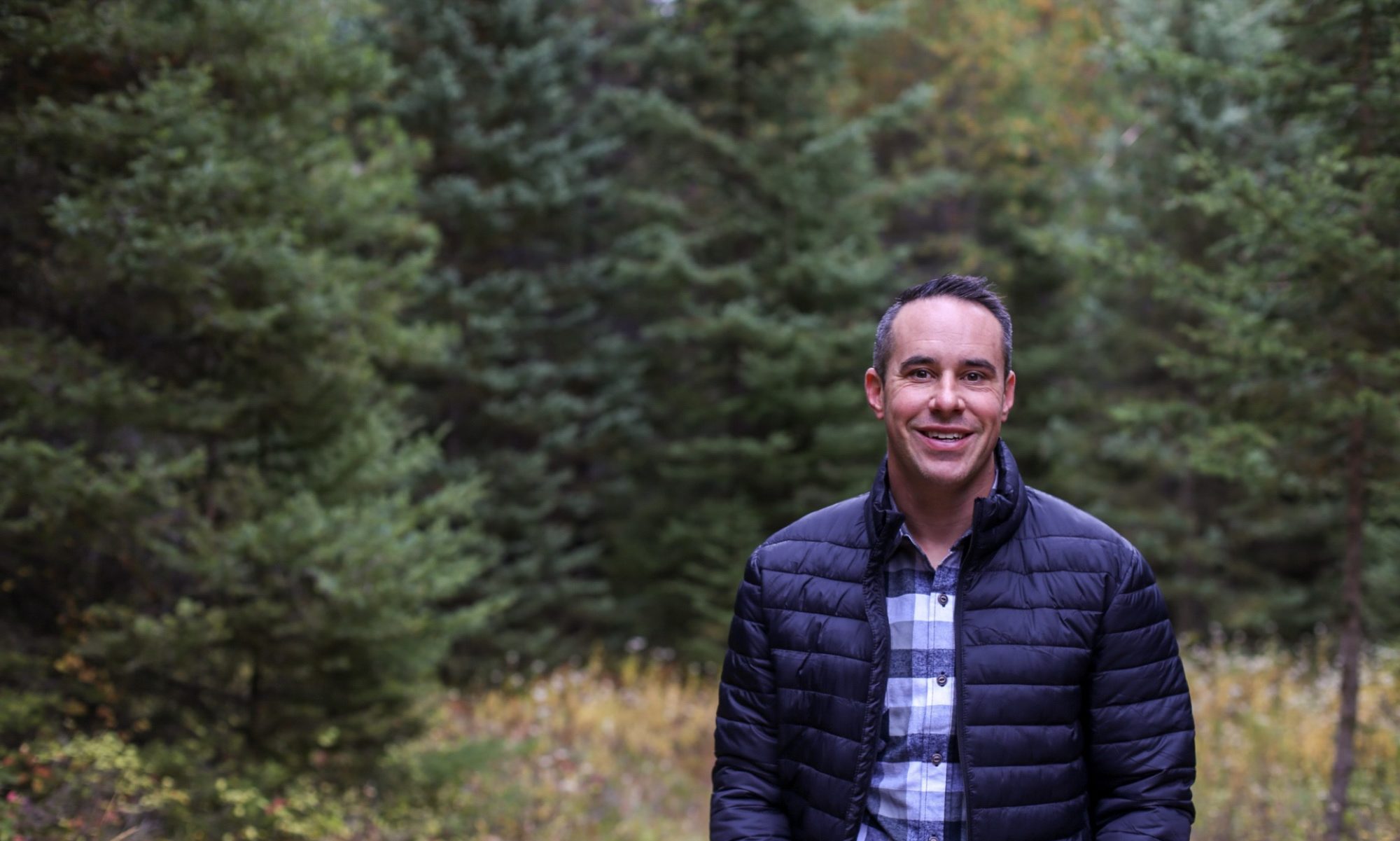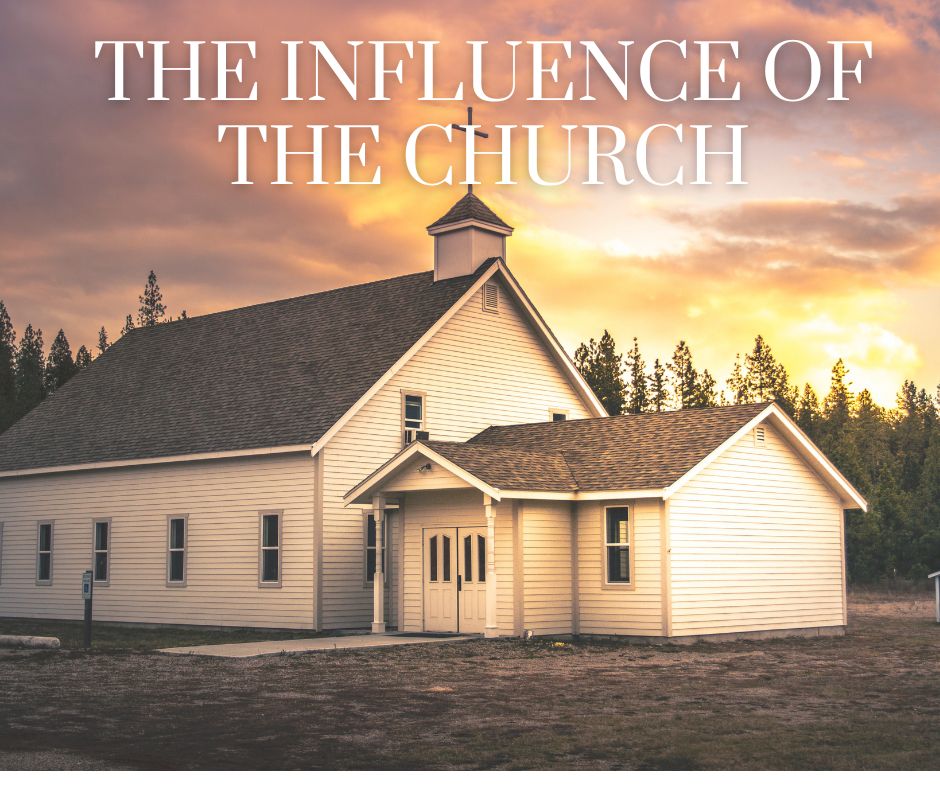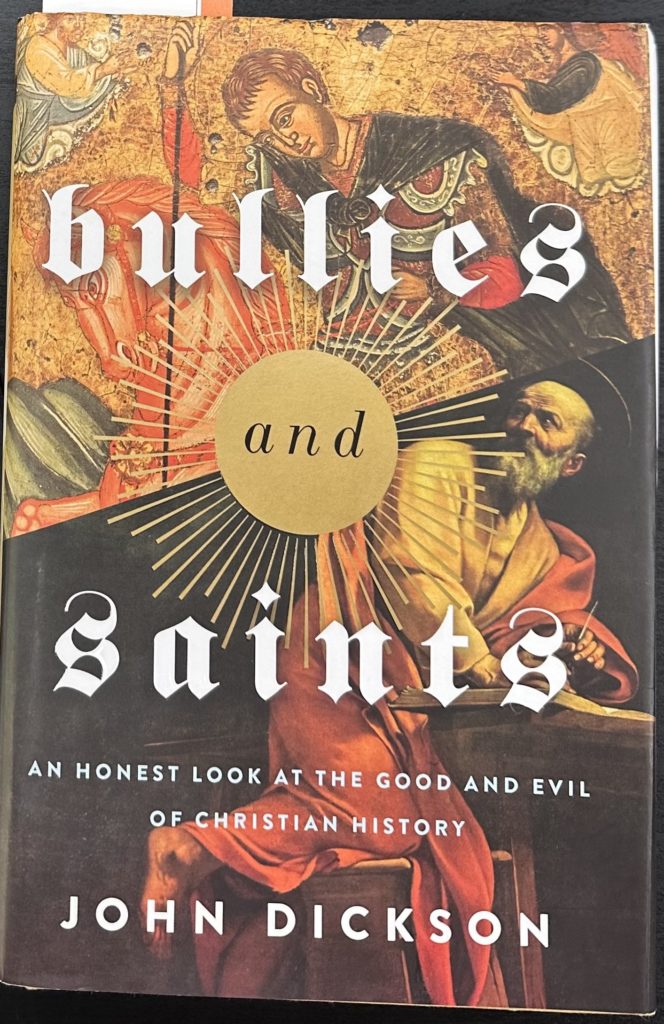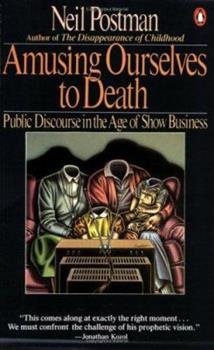My boys were curious about my age in the time of months, and after throwing out some random numbers over 1000, I had to do some quick math to figure it out. I recently turned 40, which means I’m 480 months old. This realization struck me deeply; if I can live to 80, I’m at my half-life. It made me reflect on the passage of time and the brevity of life. It’s not a morbid thought but a reminder to make the most of the time we have.
Just like we think about financing a car over a specific number of months, life can be broken down into months too. I now find myself pondering how I’ve used my 480 months so far and how many more I have left. This realization gives me a sense of urgency to make each remaining month count. It’s a reminder to be intentional about how I spend my time, focusing on what truly matters to me.
The Bible verse you mentioned, Psalm 90:12, advises us to “number our days” so that we may gain a heart of wisdom. In other words, it encourages us to be mindful of the finite nature of our lives and to use our time wisely. By understanding that life is short, we are prompted to prioritize the things that truly matter, live with purpose, and cultivate wisdom in our choices and actions.
Take Inventory
I’ve come to realize the importance of having a list whenever I go to the store because without one, I tend to buy unnecessary items and forget the essentials. This simple analogy has led me to think about life in a broader sense. It’s like taking inventory of our lives, reflecting on our choices, and understanding that death is a reality that awaits all of us.
When I contemplate the months I’ve lived so far, it becomes a moment of self-reflection. Have I truly lived for myself, pursuing my passions, and staying true to my values? Or have I allowed life to pass by without much thought, just going through the motions?
Regret can be part of life, and I have certainly experienced it at times. There have been moments when I wish I had made different choices or taken more risks. However, I also understand that regrets are valuable lessons that shape us and help us grow. They remind me to be more mindful of my decisions moving forward, hopefully it turns one to Jesus.
Making the Most
The wisdom of the old Chinese proverb, “When is the best time to plant a tree? Yesterday. When is the next best time? Today,” resonates deeply in our lives. It reminds us that taking action promptly is crucial for positive changes and outcomes.
Today holds the power to transform our direction and future. It’s the day to seek solace and guidance in Jesus. Through Him, we find redemption and grace, as mentioned in Ephesians 5:15-16. Embracing obedience to Jesus leads to divine rewards, as expressed in Matthew 25:23.
As we look ahead to tomorrow, our hearts are filled with prayerful aspirations to remain steadfast in our faith, constantly turning to Jesus, as emphasized in Hebrews 12:1-2. Our desire is to live wholeheartedly for Him, as we find reassurance in Jude 24-25. We strive to embrace a life of holiness, seeking to become more like Jesus, as described in Ephesians 5:1-2.
In summary, this reminds us to take action today and to continuously seek Him for redemption and guidance. Prayerfully, our tomorrows will reflect our commitment to living for Jesus, growing in holiness, and walking in His grace. Each day becomes an opportunity to deepen our relationship with Him and to align our lives with His divine purpose.














